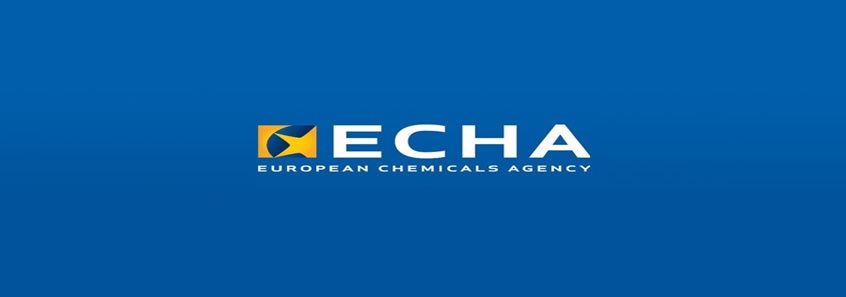The European Chemicals Agency (ECHA) has published the updated proposal to restrict per- and polyfluoroalkyl substances (PFAS) under the EU’s chemicals regulation, REACH. The update has been prepared by the authorities from Denmark, Germany, the Netherlands, Norway and Sweden, who submitted the initial proposal in January 2023.
The five authorities, acting as the Dossier Submitter, have completed their evaluation of the more than 5 600 scientific and technical comments received from third parties during the 2023 consultation. Based on the evidence gathered, they have updated their initial restriction proposal. The five authorities have, among other things, identified and carried out assessments for eight sectors that were not specifically named in the initial proposal. These sectors are:
• printing applications;
• sealing applications;
• machinery applications;
• other medical applications, such as immediate packaging and excipients for pharmaceuticals;
• military applications;
• explosives;
• technical textiles; and
• broader industrial uses, such as solvents and catalysts.
In addition, they have considered alternative restriction options, beyond a full ban or a ban with time-limited derogations for certain applications. These options involve conditions allowing the continued manufacture, placing on the market or use of PFAS where the risks can be controlled. These alternative options have been assessed by the Dossier Submitter for:
• PFAS manufacturing;
• transport;
• electronics and semiconductors;
• energy;
• sealing applications;
• machinery applications; and
• technical textiles.
ECHA’s scientific committees for Risk Assessment (RAC) and for Socio-Economic Analysis (SEAC) continue to evaluate the proposed restriction. The Agency aims to provide the European Commission with a transparent, independent, and high-quality RAC and SEAC opinion as soon as possible.
The European Commission will ultimately decide on the restriction in consultation with the EU Member States.
For more details, please visit:
All news – ECHA
Today we announce that Exim is rebranding as ExSyn. We are presenting a new brand identity and website as a reflection of our relentless transformation over the course of 30 years serving the pharma and chemical industries. The new brand builds upon our core strengths as a sourcing company and captures our most essential duty: helping improve people’s health and lives.
5-Methyl-3-vinyl-2-oxazolidinone (V-MOX) is a highly reactive monomer valued for its low viscosity, mild odor, and excellent reactivity. It is widely used as a reactive diluent in UV-curable inks and coatings, where it enhances adhesion, produces brighter colors, and improves safety compared to conventional diluents. In addition, V-MOX serves as a key building block in the synthesis of kinetic hydrate inhibitor (KHI) polymers, which are applied in oil and gas production to prevent hydrate blockages in pipelines.
Zinc ricinoleate is the zinc salt of ricinoleic acid, a hydroxylated fatty acid derived mainly from castor oil (Ricinus communis). It appears as a white to slightly yellowish powder, waxy solid, or paste, depending on formulation. Its most valuable property is its ability to trap and absorb odor molecules such as amines, sulfides, and short-chain fatty acids, making it an essential ingredient in deodorant and odor-control products.
The economic impact of biosimilars on the Australian health care system is now clearer, with data revealing their role in reducing market expenditure and driving price competition.
